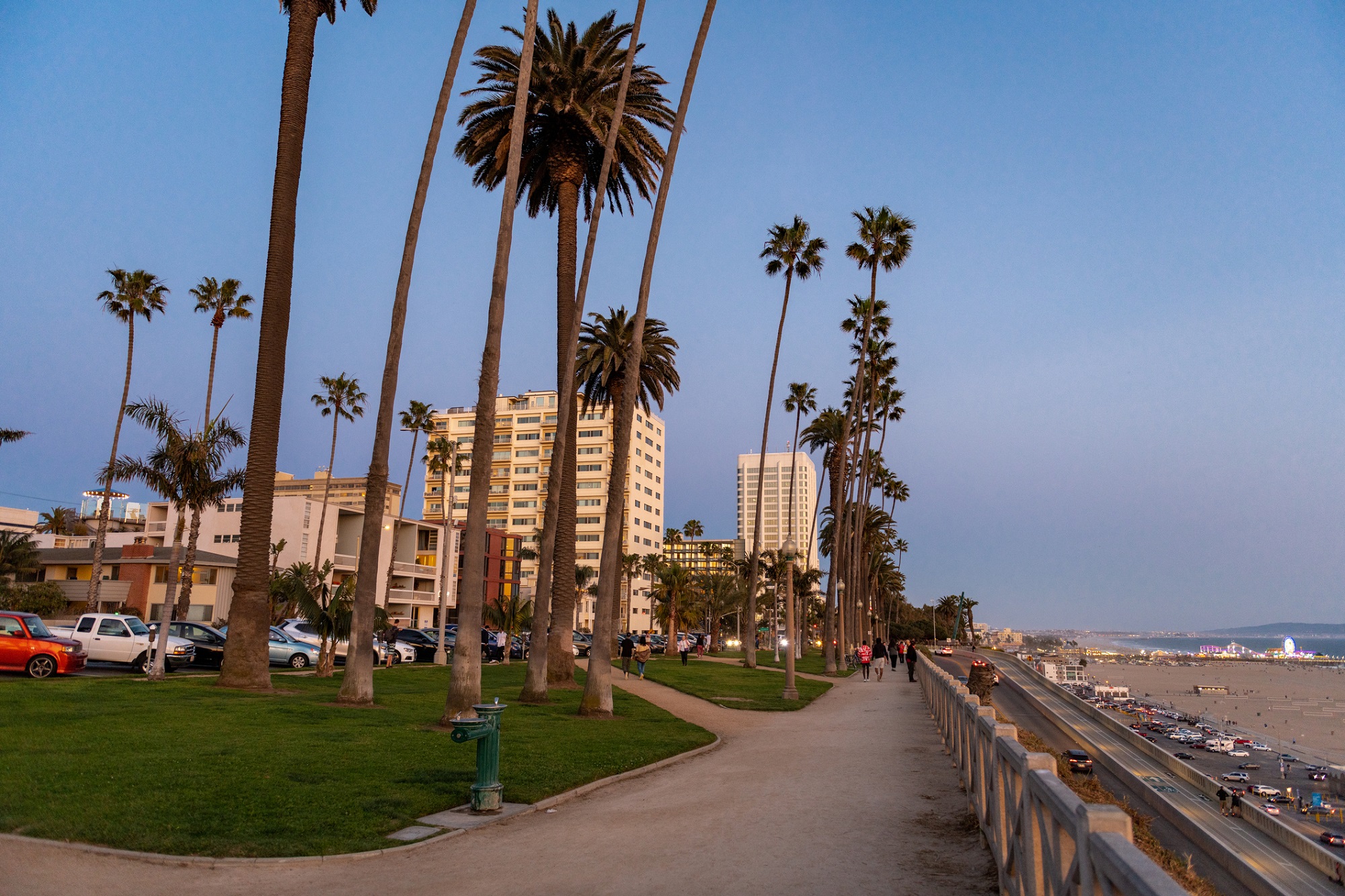As the California Republican Party enters the 2014 election year, its tone is considerably more restrained than we’ve heard in quite awhile. With good reason.
Generally, at year’s beginning, the GOP touts the large gains it plans to make in both legislative and congressional races, while also feeling optimistic about its statewide candidates.
That’s natural when candidates have millions of their own dollars to throw into campaigns, as Meg Whitman, Arnold Schwarzenegger, Bill Simon, Carly Fiorina and others have done. In that group, only Schwarzenegger got anywhere, though, and many Republicans came away from his seven years in office completely dissatisfied, his environmental interests leaving them convinced he is a “RINO,” Republican in name only.
No one with a bankroll like theirs is vying for anything this year. Nor does the GOP say it has great expectations of cutting into big Democratic margins among Latinos, fastest growing voter bloc in both the state and nation.
“I’ve never overstated our case,” says state party chairman Jim Brulte. “We have a shot at picking up some competitive congressional seats in California, but we also have to defend some.” It’s the same in the Legislature.
Republicans, then, are no longer whistling past the graveyard. This time they’re barely whistling at all.
Part of the reason is ideological. Conservative activists have lost some enthusiasm for the GOP because several of its relatively few California members of Congress have taken moderate stances on whether illegal immigrants deserve a pathway to citizenship, however arduous. Those politicians are acting on their survival instincts, realizing their districts are steadily becoming more filled with Latinos. Prime examples are Jeff Denham, whose district centers around Merced, and David Valadao, with a Visalia-based district.
“Would you join a political party that proclaims itself to be the party of law and order…that has Congress members willing to give citizenship to criminals from foreign countries, illegal aliens?” wrote Stephen Frank, former president of the California Republican Assembly and an ultra-conservative blogger.
Frank implies this kind of ideological impurity is why registered Republicans are a fast-diminishing species in California. But a mid-2013 report from the non-partisan Public Policy Institute of California suggests the reverse as the reason for the GOP’s steep slide.
Once near parity with Democrats, the state GOP late last year was down to 28.9 percent of registered voters, compared with 43.9 percent for Democrats. Ten years ago, Democrats were at right about the same level as today, while the GOP had more than 35 percent of state voters. In fact, there are about 100,000 fewer registered Republicans today than 10 years ago, even though the overall registered voter roll is up about 2.9 million.
While Democratic Party registration efforts have held its percentage steady, the GOP has lost ground. The non-party that’s grown spectacularly is “decline to state” or “no party preference.” Those voters are up from 15.3 percent 10 years ago to 20.9 percent – which means almost all recent ex-Republicans have migrated to the ranks of the noncommitted.
That might not seem such horrible news for the GOP – at least its former adherents have not become Democrats. Except in many cases, their voting habits have become pretty Democratic, the PPIC found. Four out of 10 decline-to-state voters in the poll viewed themselves as more likely to vote Democratic, while 30 percent lean Republican and the rest admit to no particular leaning.
So as they lose voters to the no-party-preference column,Republicans will be lucky if as many as 35 percent of decline-to-states vote GOP.
This is not merely because of Latinos. There’s also an enormous gender gap, with 57 percent of registered Democrats being female compared with 48 percent of Republicans.
The PPIC report shows one common GOP lament is mostly correct: Democrats tend to dominate in the coastal counties from Los Angeles northward, with the GOP doing best inland. About 56 percent of all Democrats live either in Los Angeles County or the San Francisco Bay area, while the GOP dominates in Orange and San Diego counties and the Central Valley. Those findings pretty much square with election results.
They explain why Republicans are making no grandiose predictions these days, a sharp contrast to their fancy rhetoric in many past election years.













